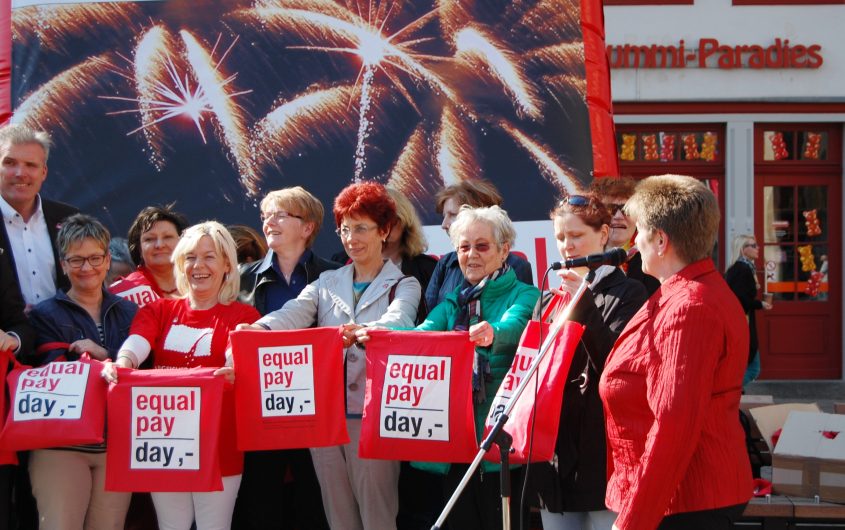
Michael Panse via Flickr
Can Family Policies Make a Difference for Fertility and Female Employment Rates?
In recent decades many OECD countries including Germany, the U.S., and other European countries have made changes to their family policies which include paid parental leave, childcare subsidies, and per-child subsidies. These reforms are a response to concerns about falling birth rates especially among highly educated women, low maternal employment rates, and large gender-gaps in wages, all of which are largely due the significant obstacles to women’s careers posed by childbirth and childrearing. Using a structural economic model estimated with data from Germany, Ms. Wang studies whether family policies are effective at solving these problems and reconciling family and work for women.
Please join AGI for a discussion of whether family policies are effective at solving demographic problems and reconciling family and work for women.

Hanna Wang is a DAAD/AGI Research Fellow for June and July 2018. She is currently a doctoral student in Economics at the University of Pennsylvania. Her research interests include Labor Economics, Family Economics, and Search and Matching. During her time at AGI, Ms. Wang will be working on her dissertation studying the effects of family policies on women’s work and childbearing decisions in Germany.
For more information, contact Elizabeth Caruth at ecaruth@aicgs.org.
This event is supported by the DAAD with funds from the Federal Foreign Office (FF).
Location
AICGS
1755 Massachusetts Avenue NW | Suite 700 | Washington, DC






